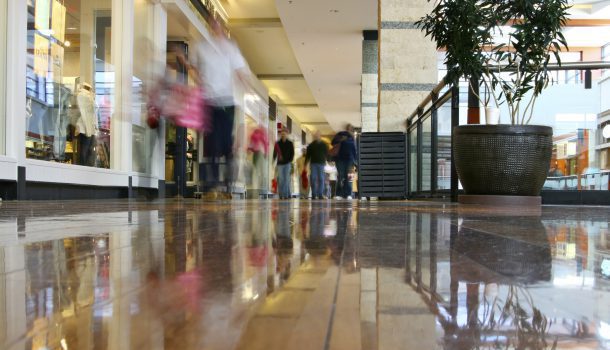
Many companies have been blindsided by the effects of COVID-19. Companies in industries such as hospitality have been hard hit with the government regulations restricting consumer capacity and imposing a blanket shutdown of certain businesses in this area.
When buildings are shut for business, the effects are like a ripple, with employees out of work, contract workers out of a job and all the moving parts which make a business ceasing to operate.
For business in the hygiene and sanitation industry, while some companies have surged, others have diminished due to forced closures, resulting in the use of stand down provision available through the Fair Work Act 2009 (CTH).
Employers can stand down their permanent staff where there exists a stoppage of work for which the employer cannot reasonably be held responsible and the employee cannot usefully be employed.
Thus, where there are government-imposed restrictions this would satisfy the above meaning as stated in the Fair Work Act 2009. For example, many hospitality venues like bars, registered clubs and cafes have closed due to government regulations to restrict the spread of COVID-19.
This has resulted in businesses in the commercial cleaning industry to lose out on contracts or are completely unable to carry out the requirements for an existing cleaning contract.
Meaning many businesses in this industry have had to rely on stand down provisions. However, employers should view this option as a last resort and if restrictions start easing then it would potentially be unlawful to continue to use the stand down provisions.
Casual employees
Within the commercial cleaning industry, the employment of casual workers is high, and for many businesses they do not know whether casuals are to be stood down like permanent employees. There is an important difference here as casuals are not to be stood down.
The reason is noticeably clear, in that it is inconsistent with the casual nature of such employment and each engagement is a separate period.
Therefore, it is recommended that casuals are to be told that there is no further work for them to undertake for the foreseeable future, but pending improvement on operating conditions and the relaxation of restrictions.
Informing employees
Like any change in one’s life it can be stressful let alone a change during a global pandemic which is characterised by significant health risk and financial implications on business and its employees.
Therefore, when businesses approach the topic of standing down their employees, it is advised you respect them through this process by providing clear and written notification of any stand down period. Further, businesses should maintain regular communications with their employees.
This will help employees understand where a business is and allow the maintenance of the employee-employer relationship. Employers should use these communication lines to also find out how employees are faring during this turbulent time.
If any employees are suffering, then employers should ensure relevant support programs are accessible or know where to direct employees to such support.
Employee entitlements when on stand down
It is important that employees are given their correct entitlements whilst on stand down as any non-payment may need to be back paid. Therefore, when employees are on stand down, they will continue to accrue both annual and personal leave in the usual way.
The main reason behind this is that this period of stand down is considered as continuous service for the purposes of service-related entitlements.
In addition, employees who are stood down by their employer under the Fair Work Act are still entitled to be paid for public holidays that would otherwise fall during the stand down period. To be paid for the public holiday, an employee needs to have ordinary hours of work falling on that day
Further, questions have arisen if employees can take personal/carers leave during a period of lawful stand down. In the recent decision of Communications, Electrical, Electronic, Energy, Information, Postal, Plumbing and Allied Services Union of Australia & Ors v Qantas Airways Limited [2020] FCA 656 it was found and confirmed that employees are not entitled to receive paid personal/carers leave because there is no available work to be performed and thus no income to protect.
Ultimately, in the coming months businesses should continue to stay up to date with relevant information and keep in regular contact with employees. If you do need help navigating these complex employment laws, we at Workforce Guardian are only a call away.
Rushantha Jayaweera is senior employment relations advisor at Workforce Guardian
This article first appeared in the July/August issue of INCLEAN magazine
Comment below to have your say on this story.
If you have a news story or tip-off, get in touch at info@3.106.117.80.
Sign up to INCLEAN’s newsletter.





